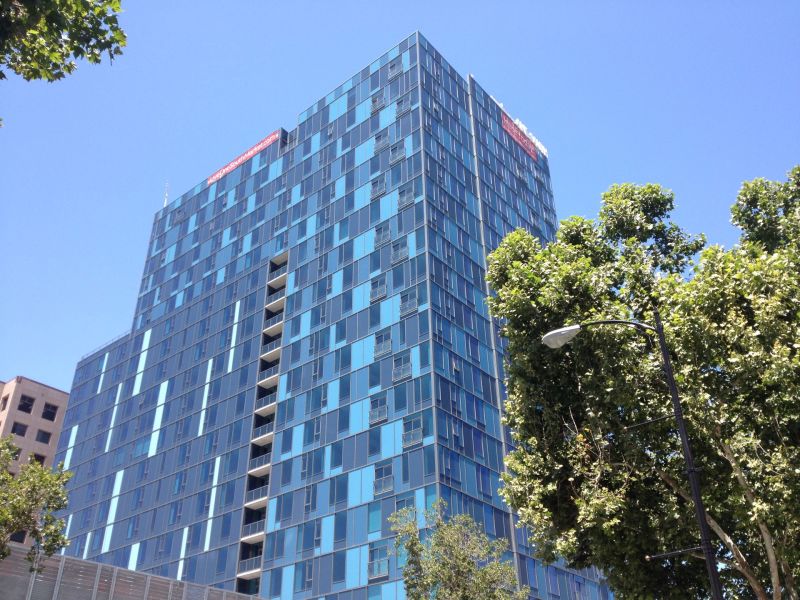The U.S. Supreme Court declined Monday to take up a challenge to San Jose's affordable housing law.
In 2010, San Jose required that all new residential developments of 20 units or more set aside 15 percent of those units for sale below market rate. Developers could also pay a fee in lieu of creating affordable units. That's a pretty common tactic, known as "inclusionary zoning."
The League of California Cities and California State Association of Counties estimate that more than 170 municipalities have some kind of inclusionary zoning ordinance on the books. Both groups backed San Jose in the case.
The California Building Industry Association sued, arguing that the ordinance amounted to an unconstitutional taking of property. Last year, the California Supreme Court upheld the law and the building association appealed to the U.S. Supreme Court.
Since the U.S. Supreme Court declined to take the case, the state ruling upholding inclusionary zoning stands.

